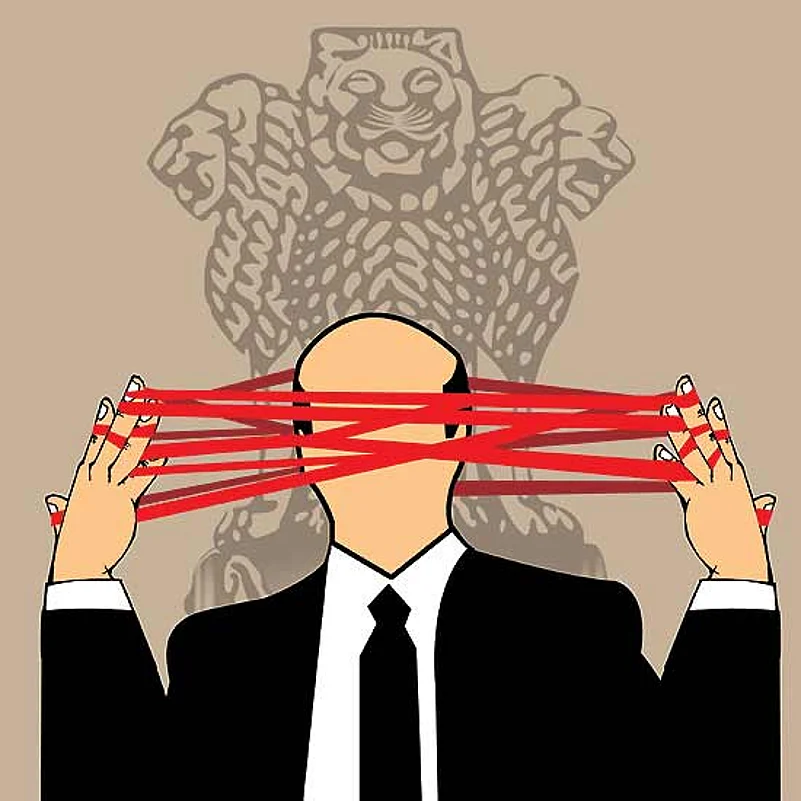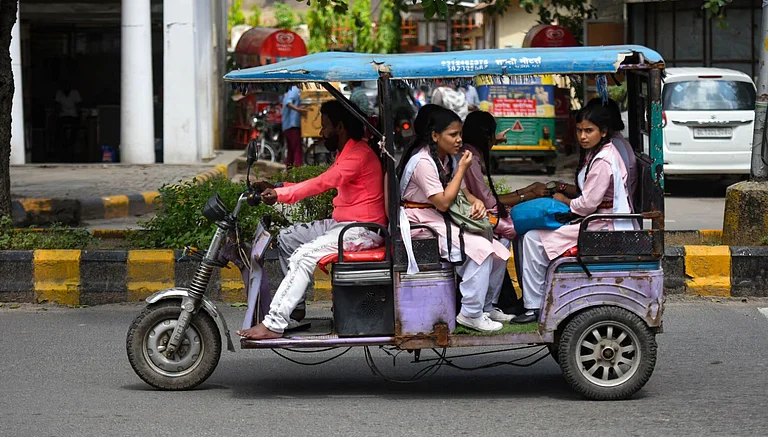West Bengal chief minister Mamata Banerjee’s stubbornness over India’s talks with Bangladesh on the sharing of Teesta waters knocked more rating points out of UPA-II than even Dhaka could have, had it at all chosen to be intransigent during our prime minister’s visit there. In this column, I choose not to delve into the diplomatic repercussions of this episode or analyse Mamata’s temperamental politics. Instead, I want to look at something crucially wrong with Manmohan Singh’s government, of which the Mamata episode is the latest pointer.
All along, the Centre had been aware of Mamata’s opposition to its 52:48 water-sharing formula with Bangladesh. She feared it would mean a sharp fall in her state’s share—nearly 75 per cent—of Teesta waters. The river flows down from the Tso Lamo (a lake in Sikkim) and through the four north Bengal districts of Cooch Behar, New Jalpaiguri, North and South Dinajpur before passing into Bangladesh. Well fed by mountain streams, the fast-flowing river is regarded as the lifeline of agriculture in those districts and of Siliguri town. Mamata certainly wouldn’t want to be seen conceding what the previous Left Front government in her state adamantly did not in previous discussions on water-sharing.
The Centre may be right in giving primacy to the big diplomatic picture—of the need for harmonious international cooperation with a neighbour for the good of this whole part of Asia—as opposed to a local perspective, of the sort important to Mamata. But in seeming unilaterally dismissive of a coalition partner’s concerns—her Trinamool Congress is a UPA-II ally—and, in a federal structure, of a state’s concerns over as important a matter as water, the Centre erred. Much to its own diplomatic and political embarrassment.
If I may venture a diagnosis, the Centre’s reflexes are bureaucratic instead of being politically consultative. This was equally evident in the way it dealt with the agitation for the Jan Lokpal bill. Blind to the political build-up around the demand for an anti-corruption legislation and the spontaneous concentration of people’s anger against recent mega scams feeding the phenomenon, it responded in a typically bureaucratic manner. First, it ignored Anna’s team and presented an eyewash of a Lokpal bill. Next, it set up a committee, that most efficient of procrastinating machines. The government ensured that the committee included members of Anna’s team, hoping to mollify the agitators symbolically. But it ignored the fact that Anna and his colleagues had committed themselves politically to a popular constituency of anger; betraying this constituency could only have led to a complete loss of credibility. Next came another bureaucratic solution—of treating the protest as a mere law and order issue. This, too, backfired.
It is when a government’s political reflexes are impaired that its bureaucratic reflexes come to dominate its actions. Whenever this government tried to combat Anna’s agitation politically, it was in the realm of low politics—the smear campaign trying paint his team as dirty being the prime example. Without going into the merit of those charges, it can be said that the irregularities referred to were so petty that, by contrast, they only highlighted the humongous scale of recent mega scams dogging UPA-II. The charge of RSS involvement in the campaign may not have been wide of the mark, but the saffron organisation was certainly not its prime mover. Besides, the issue currently agitating the public was not communalism but corruption. Through its grossly ill-timed punitive action against Anna’s team members, the government is only broadcasting its utter lack of political understanding.
Governments lacking in political sense are usually humbled politically. If Anna humbled the government in August, its own coalition partner, the Trinamool, has humbled it in September. A politically more adept dispensation would have listened patiently to Mamata’s concerns on the Teesta water-sharing issue and, to mollify her, would have even worked towards an alternative blueprint. After all, Mamata’s concerns are chiefly political: north Bengal had voted for her less emphatically than other regions. She wouldn’t like to lose ground there any further; nor would she want her opponents to gain in strength elsewhere by charging her with sacrificing the interests of the state. In these politically trying times, UPA-II can’t afford to lose either Mamata’s support or her influence in West Bengal. Has the separation of politics and governance in the Congress under two heads so dulled its political reflexes as to make a government it runs purely bureaucratic? If the Congress does not do something about this soon, both the government and the party will inevitably have to pay a heavy price.


























